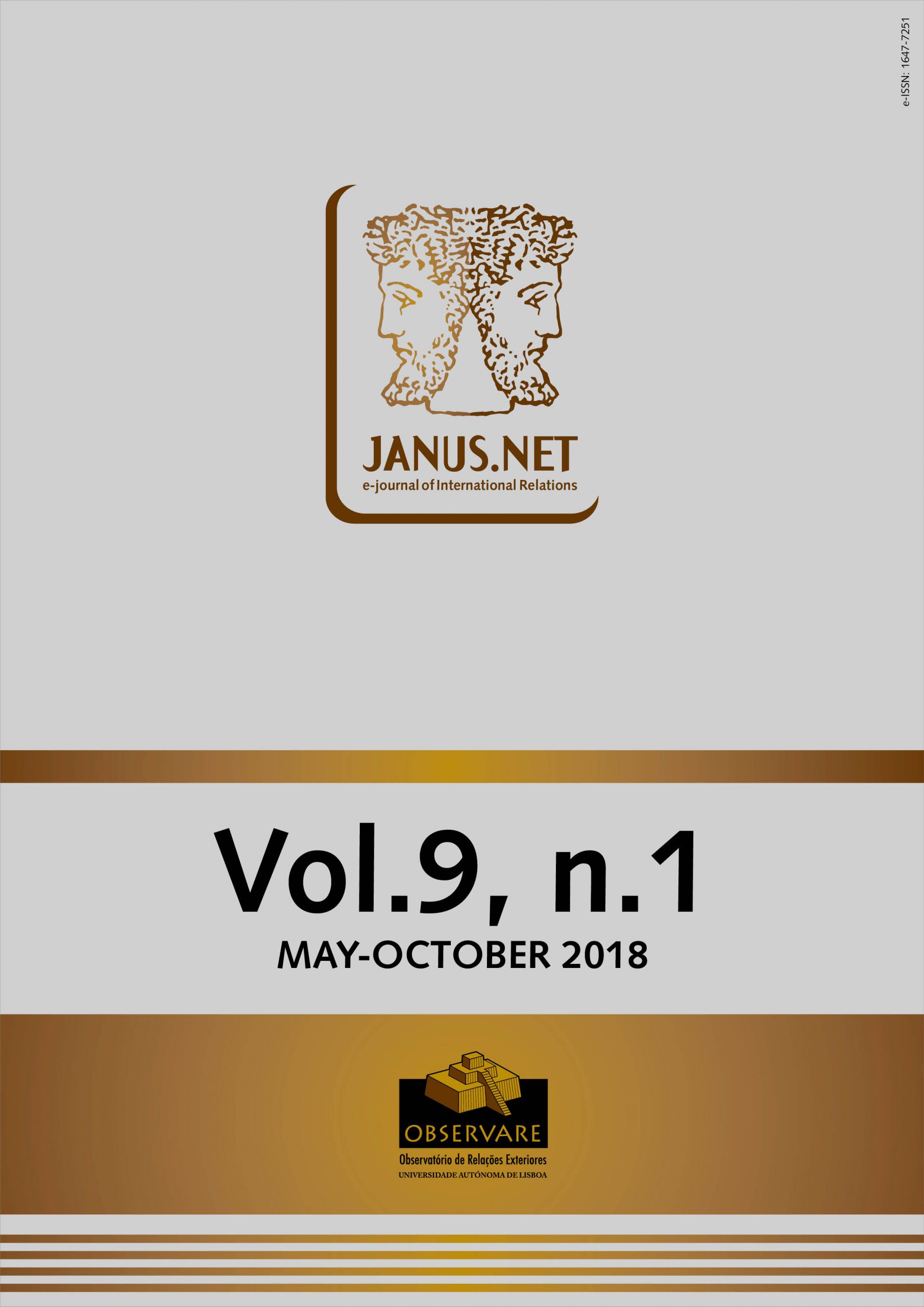Russian foreign policy demonstrates continuity and change. The Russian Federation has acted in several scenarios and, since 2000, with Vladimir Putin, its main objective has been to consolidate the status of the Russian Federation as a great power, in order to return to the glorious Soviet era. Maximising power and the pursuit of internal security are essential, because there is an international system in permanent anarchy. Putin’s third term was marked by the Ukraine crisis and the annexation of the Crimea, which contributed to a historical turning point in Russian foreign policy. Western sanctions due to the occupation of Crimea and military interference in eastern Ukraine have opened up a period of greater rivalry between Moscow and Washington, as well as the need for Russia to diversify its relations with emerging economies such as Iran and Turkey. This study finds out that Ankara and Tehran have a historical relationship with Moscow, despite some episodes and divergent positions that at certain moments have harmed relations. The issue of Syria, the fight against terrorism and violent extremism, agreements on oil and natural gas and relations with the Kurdish people are some of the key issues in the more or less friendly relations of the Kremlin with Ankara and Tehran. The state of Russian foreign policy and Russia’s relations with regional actors in the Middle East (Iran, Turkey, Saudi Arabia and the Kurds) as well as the challenges Vladimir Putin’s Russia has to face in the region are addressed.
EVOLUTION OF RUSSIAN FOREIGN POLICY AND THE MIDDLE EAST
Master’s Degree in European Studies from the University of Coimbra (Portugal) and candidate for a PhD in International Relations at the Faculty of Social and Human Sciences of the Nova Universidade de Lisboa. Participation in the 3rd edition of the course Global Challenges at the Instituto Universitário de Lisboa. Main topics of interest in scientific research: Russian Federation, Middle East, foreign policy, geopolitical issues, energy and terrorism.
Resumo
Palavras-chave
Como citar este artigo
Garcia, Henrique Alves (2018). “Evolution of Russian Foreign Policy and the Middle East”. JANUS.NET e-journal of International Relations, Vol. 9, Nº. 1, May-October 2018. Consulted [online] on the date of last consultation, DOI: https://doi.org/10.26619/1647-7251.9.1.7
Article received on 26 July, 2017 and accepted for publication on 11 September, 2017















